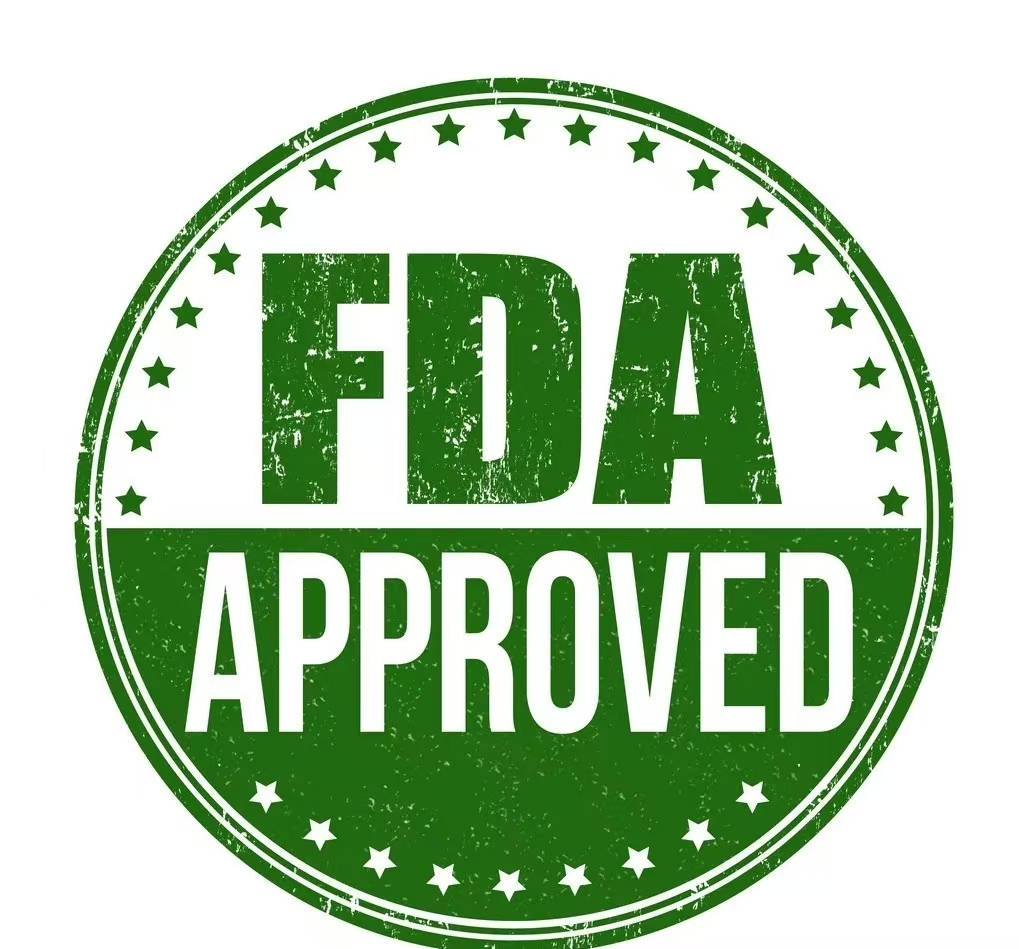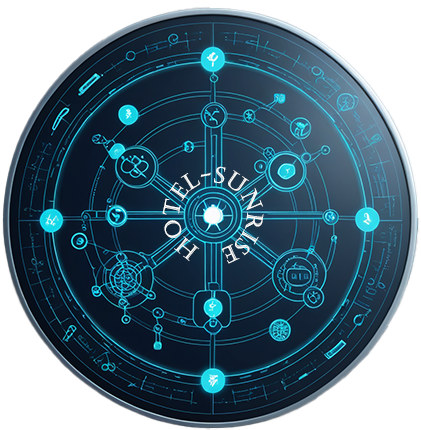
The Food and Drug Administration (FDA) is considered one of the largest food and drug regulatory agencies globally. The primary responsibility of the FDA is to ensure the safety of food, cosmetics, drugs, biologics, medical devices, and radiation-emitting products produced or imported into the United States. Any products intended for export to the US market, such as food, drugs, medical devices, and cosmetics, must be registered with the FDA to facilitate smooth customs clearance.
The FDA classifies medical devices into three categories based on risk: low risk, moderate risk, and high-risk products. Currently, the FDA has classified over 1,700 types of medical devices in 16 different categories. To obtain formal device classification or recognition from the FDA, a 513(g) request can be submitted. Medical devices are categorized into three classes based on the level of risk: Class I includes low-risk products classified as “general controls” products, with minimal or no risk, such as medical gloves and tongue depressors. These products are typically exempt from premarket notification procedures. Manufacturers must register with the FDA and demonstrate compliance with GMP before the product can be marketed.
Class II includes moderate-risk products categorized as “general controls + special controls” products. In addition to general controls, they require the implementation of standard controls or special controls to ensure product quality and effectiveness. While some Class II products may be exempt from premarket notification, most require a 510(k) premarket notification. Manufacturers must submit an application to the FDA 90 days before marketing the product and, after a 510(k) review, the product can be marketed.
Class III includes high-risk products categorized as “premarket approval” products, with higher risks or potential hazards. These products require FDA premarket approval, and manufacturers must submit a PMA application and related data to the FDA before marketing to demonstrate that the product’s quality meets requirements and is safe and effective in clinical use. The FDA notifies the manufacturer within 45 days of receiving the PMA application if it accepts the application for review and makes an approval decision within 180 days. Only with FDA approval can the product be marketed.
Overall, the FDA’s regulation of medical devices is strict, with products classified and managed based on risk, and specific control measures implemented to ensure consumer health and safety. Products of different risk levels must adhere to specific regulatory measures, highlighting the importance of FDA approval for marketing in the US market.


